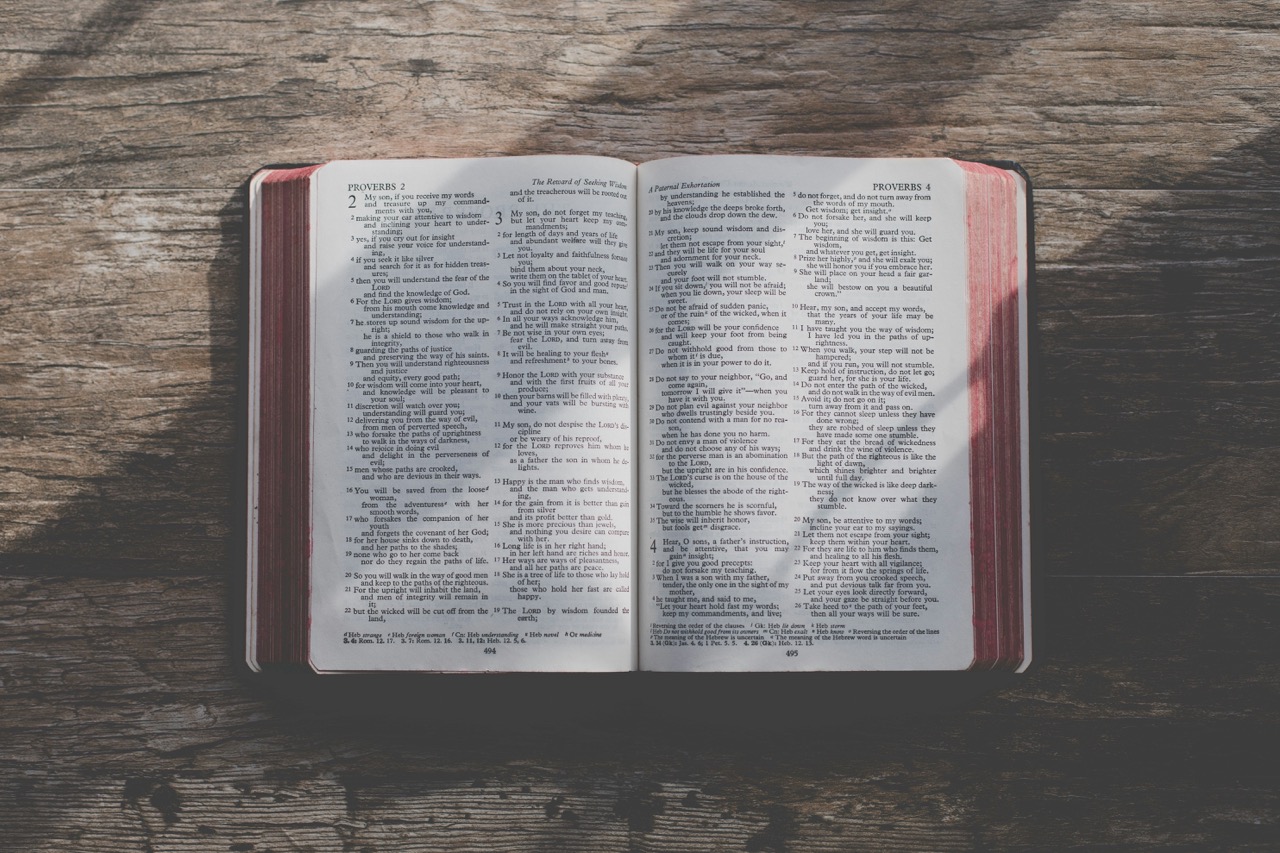The Transformation of Jacob: From Deceiver to Israel

The story of Jacob, a pivotal figure in the Book of Genesis, encapsulates the complexities of human identity and divine purpose. Jacob, the son of Isaac and grandson of Abraham, is often remembered for his cunning nature, earning him the title of "deceiver." Yet, his journey is marked by profound encounters with God that ultimately lead to a radical transformation. This article explores Jacob’s early life, his transformative encounters, and the significance of his new identity as Israel, illustrating the biblical themes of redemption and divine purpose.
The Early Life of Jacob: A Deceiver’s Foundation
Jacob’s early life is characterized by his cunning and resourcefulness, traits that initially serve to manipulate those around him. From the moment of his birth, where he emerges holding onto the heel of his twin brother Esau, Jacob’s life is framed by competition and struggle. The narrative unfolds with Jacob’s acquisition of his brother’s birthright for a bowl of stew and later, his deceitful act of obtaining Isaac’s blessing through impersonation. These actions set the foundation for Jacob’s identity as a deceiver, showcasing a man who seeks to gain favor and prosperity through cunning rather than integrity.
This legacy of deception continues to shape Jacob’s relationships, particularly with his family. His actions create a rift between him and Esau, leading to a bitter rivalry that forces Jacob into exile. As he flees to his mother’s family in Haran, Jacob’s life is marked by isolation and the consequences of his earlier choices. The weight of his deceitful actions looms over him, casting a shadow on his character and future.
Yet, amid this tumultuous foundation, Jacob’s story also hints at the possibility of redemption. The conflicts and challenges he faces serve as a backdrop for his eventual transformation. As he navigates the complexities of his relationships and the implications of his actions, the stage is set for a significant encounter that will alter the course of his life.
The Encounter with God: A Turning Point for Jacob
The pivotal moment in Jacob’s journey occurs during his night of solitude at Bethel, where he experiences a divine encounter that changes everything. As he lays his head on a stone, Jacob dreams of a ladder reaching to heaven, with angels ascending and descending upon it. This vision serves as a divine reassurance, symbolizing God’s presence and the covenantal promise made to Abraham and Isaac now extending to him. In this moment, Jacob realizes that he is not alone; God is actively involved in his life and future.
Awakening from his dream, Jacob responds with a mixture of awe and fear. He acknowledges the sacredness of the place, declaring it the house of God, and he vows to serve the Lord if God will protect and provide for him during his journey. This promise marks the first shift in Jacob’s understanding of his identity and purpose. He begins to recognize that his life is intertwined with a divine plan, one that transcends his deceptive past and beckons him toward a more significant role in God’s narrative.
This encounter at Bethel is a turning point that initiates Jacob’s journey toward spiritual awakening and self-discovery. While he still grapples with his past, the vision signifies God’s investment in Jacob’s future, offering him hope and direction. This profound realization sets the stage for a deeper struggle that will ultimately lead to Jacob’s transformation and the embrace of his new identity.
The Struggle with the Angel: A Test of Faith and Identity
The next significant phase in Jacob’s transformation occurs during a mysterious wrestling match with an angel, often interpreted as a manifestation of God. As Jacob prepares to reunite with Esau, he is consumed by fear and anxiety, reflecting on his past transgressions. The night before their encounter, Jacob finds himself alone, and it is during this solitude that he engages in a fierce struggle with a figure who challenges him. This wrestling match is rich with symbolism, representing Jacob’s internal conflict and his desire for reconciliation and identity.
The struggle lasts until dawn, during which Jacob’s determination is tested. He clings to the angel, refusing to let go until he receives a blessing. This act of persistence reflects Jacob’s newfound recognition of his need for divine intervention and guidance. It symbolizes a crucial moment of vulnerability where he confronts not only his past but also his current fears and insecurities. The wrestling match serves as a metaphor for Jacob’s struggle with his own identity—he is torn between his past as a deceiver and the future as a leader of a great nation.
When the angel finally blesses Jacob and renames him Israel, the transformation is complete. The name "Israel" signifies "he who struggles with God," encapsulating the essence of Jacob’s journey. This moment of renaming is not merely about a change in identity but signifies Jacob’s acceptance of his new role in God’s plan, one that involves faith, struggle, and a deeper understanding of his purpose in life. The blessing also indicates that Jacob’s past does not define him; instead, it is the struggle and the journey towards faith that shapes his new identity.
Jacob’s Transformation: Embracing His New Identity as Israel
With his new name, Jacob’s transformation into Israel marks a profound shift in his life and character. No longer defined solely by his past actions as a deceiver, Israel represents a man who has grappled with God and emerged with a renewed sense of purpose. This change is not only significant personally but also theologically, as it sets the stage for the establishment of the nation of Israel, which will play a central role in the biblical narrative. Israel’s new identity embodies a covenantal promise, one that underscores the themes of redemption and divine grace.
Following his encounter with the angel, Jacob’s reunion with Esau is strikingly different from what he anticipated. Instead of hostility, Jacob is met with forgiveness and reconciliation. This pivotal moment demonstrates the transformative power of humility and recognition of one’s past mistakes. Through this encounter, Jacob embodies the essence of his new identity—one that embraces vulnerability and the courage to face the consequences of his actions with grace. It reinforces the significance of relationships built on honesty and forgiveness, a stark contrast to his earlier life of deception.
As Israel, Jacob stands as a testament to the possibility of transformation through faith and divine intervention. His journey from a deceiver to a patriarch serves as a powerful narrative that resonates with themes of struggle, redemption, and identity in the broader context of biblical theology. It highlights that while one’s past may inform their journey, it is the choices made in the face of adversity and the willingness to seek God that ultimately define who they become.
The transformation of Jacob into Israel is a powerful testament to the themes of redemption and divine purpose woven throughout the Book of Genesis. It illustrates how one’s past does not have to dictate their future and that encounters with the divine can lead to profound personal change. Jacob’s story serves as an enduring reminder that struggles can shape identity, leading to a deeper understanding of one’s purpose and the fulfillment of God’s promises. As Israel, Jacob becomes a foundational figure in the biblical narrative, embodying the complexities of faith, struggle, and the transformative power of grace.




